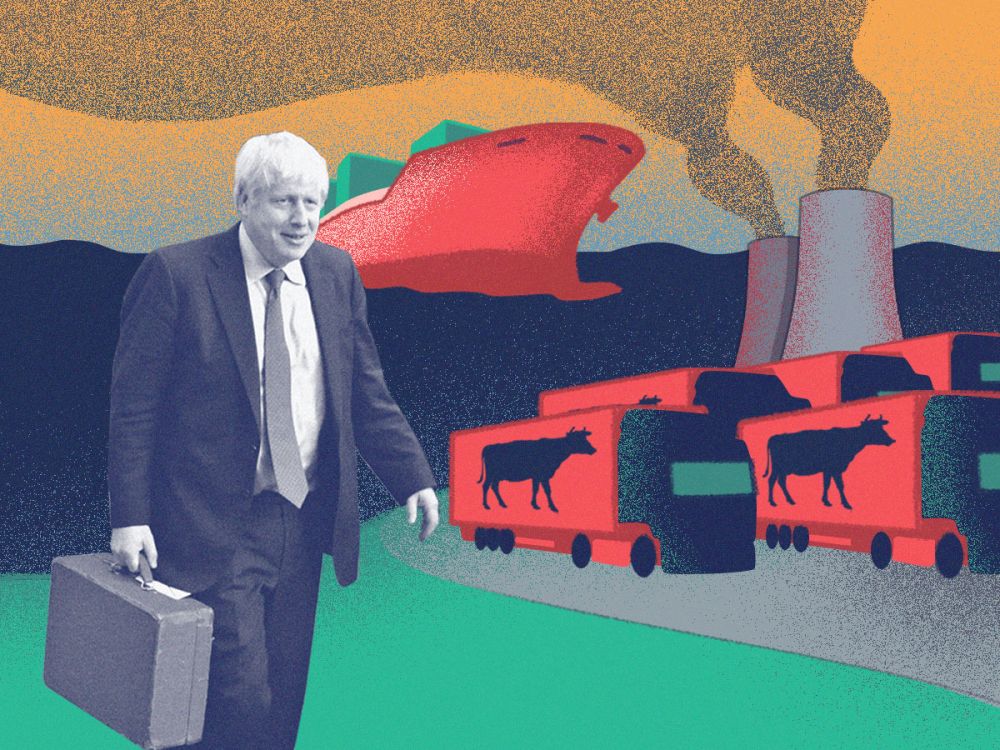
How does what we buy and sell impact the environment?
The impacts of the things we buy go far beyond profits or consumer satisfaction.
- Was the person who produced that product paid properly and treated fairly?
- Did its production, transportation or use cause pollution, deforestation, or climate breakdown?
- Can it be reused or disposed of safely?
The decisions made by governments, businesses and individuals about which goods and services enter the country, the shops and our homes can mean the difference between sustainable, low-carbon production or increased damage to our planet.

What is a trade deal?


Business and trade


Our vision for climate-friendly trade
What if we redefined the aims and benefits of trade so that they favoured breathable air in 50 years’ time over bigger economies? Or rich, diverse forests over our ability to access cheaper piles of stuff?
What if you knew that wherever you shopped or whatever you produced or bought, you wouldn’t be exploited – or be exploiting others?
Now's the time for the UK to change its trading ways, and pioneer new, climate-positive approaches.
Trade and environment post-Brexit
Friends of the Earth is campaigning for:
- The UK to be an international leader on climate change and champion the need for trade rules to change to better support climate action.
- The UK to keep working with our European and international neighbours on our joint environmental challenges.
- An ambitious published UK trade policy which supports rather than hinders climate action.
- No trade deals with nations not implementing commitments under the Paris Agreement.
- More government action to stop UK businesses damaging the environment or abusing human rights abroad.
Friends of the Earth believes passionately in democracy. We'll continue campaigning for the best environmental outcomes for all people, in the UK and abroad.

Our campaign on Brexit
We campaigned to make sure our environmental laws didn't fall through the gaps when the UK left the European Union.
But our environment is still at risk. Outside of the EU, the UK government is reviewing environmental laws on everything from nature protections to food standards, and making new trade deals that will impact our environment.
So we're still working to make sure the new Environment Act leads to real improvements in nature, and that upcoming changes to laws lead to protections that are stronger, not weaker. And we’re calling for a UK trade policy that puts the environment first.


Who we work with




